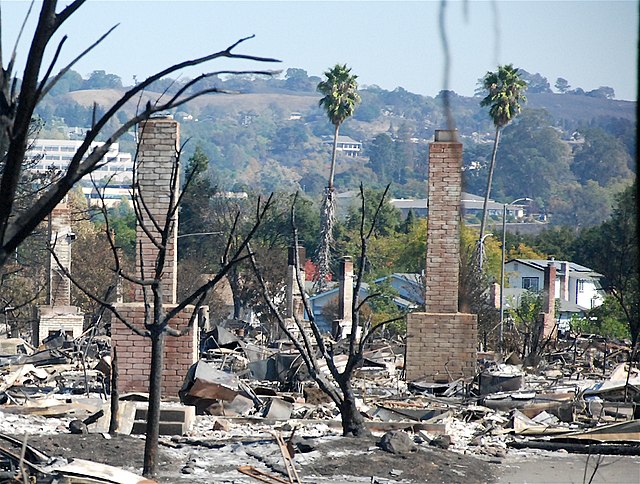The Facts
In a report by First Street Foundation, a non-profit that studies climate risks, 35.6M properties — one-quarter of all US real estate — face increasing insurance prices and reduced coverage due to potential future climate impacts. The higher costs will also devalue these properties.
Head of climate implications at First Street, Jeremy Porter, said, “There’s this climate insurance bubble out there...and you can quantify it.”
The Spin
Narrative A
The US is in the midst of a climate insurance bubble, with 39M properties at high risk of flooding, wildfires, or hurricane winds. Millions of properties have such high risk that no insurance company will provide them coverage, or it will drive the insurance premiums sky high. This affects homeowners, but state and local governments must play their part in enacting comprehensive climate resilience strategies.
Narrative B
Climate change is a 50-state problem. It's not just a problem for homeowners in California, Florida, Texas, Colorado, Louisiana and New York. Insurance companies must re-assess their risk tolerance as climate change leads to more common and severe extreme weather events. The industry needs to fundamentally change how it views risk and accept that the risk that we assumed was normal 20 years ago is not the same risk today — nor will it be 10 or 20 years from now. Homeowners and communities must take their own proactive precautions as well.
